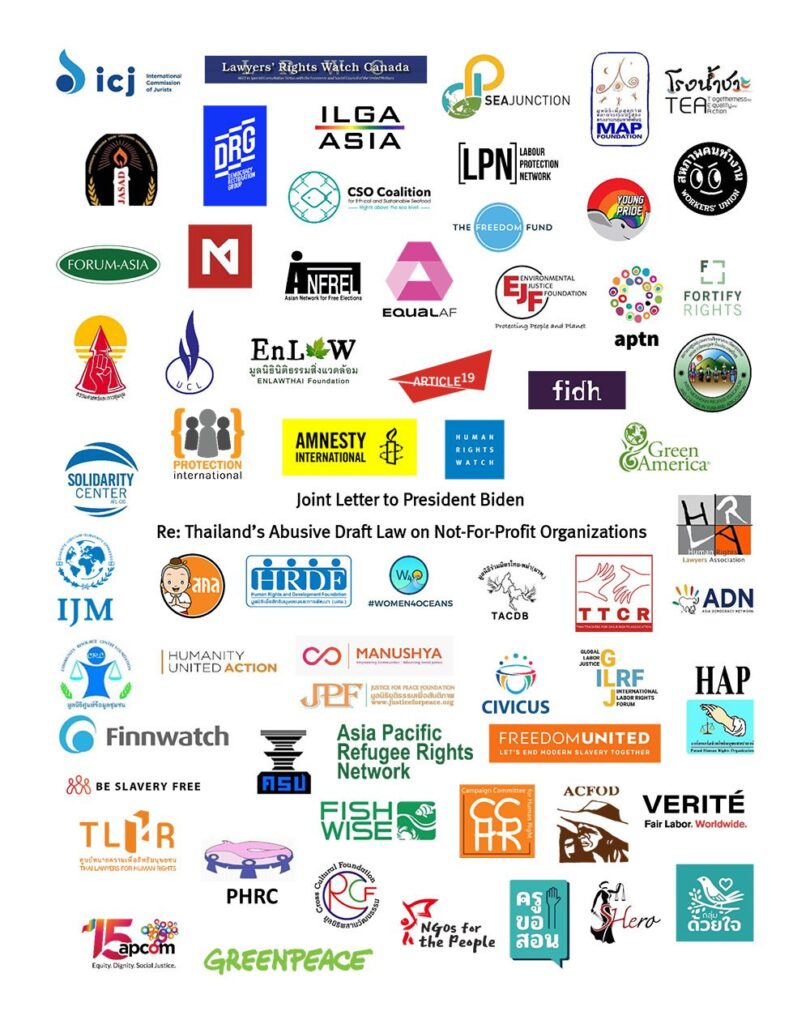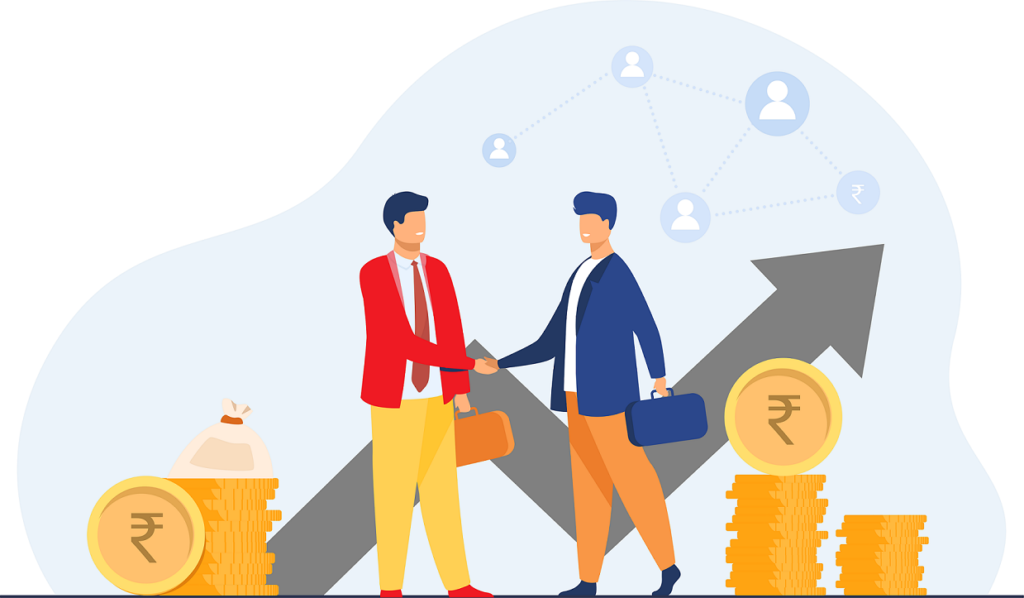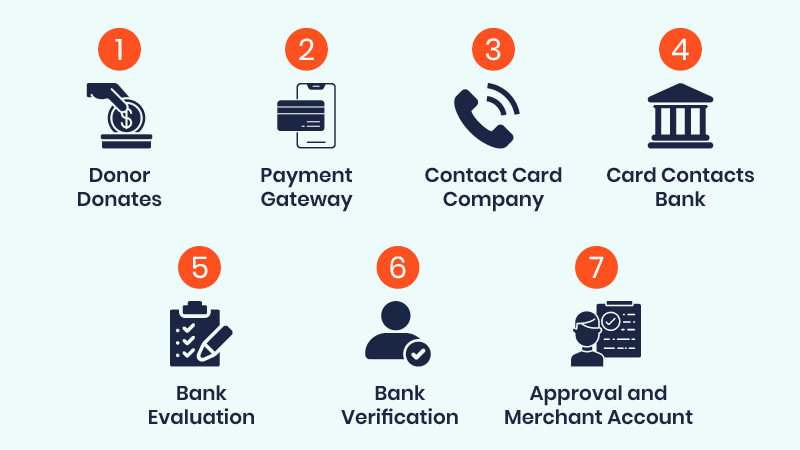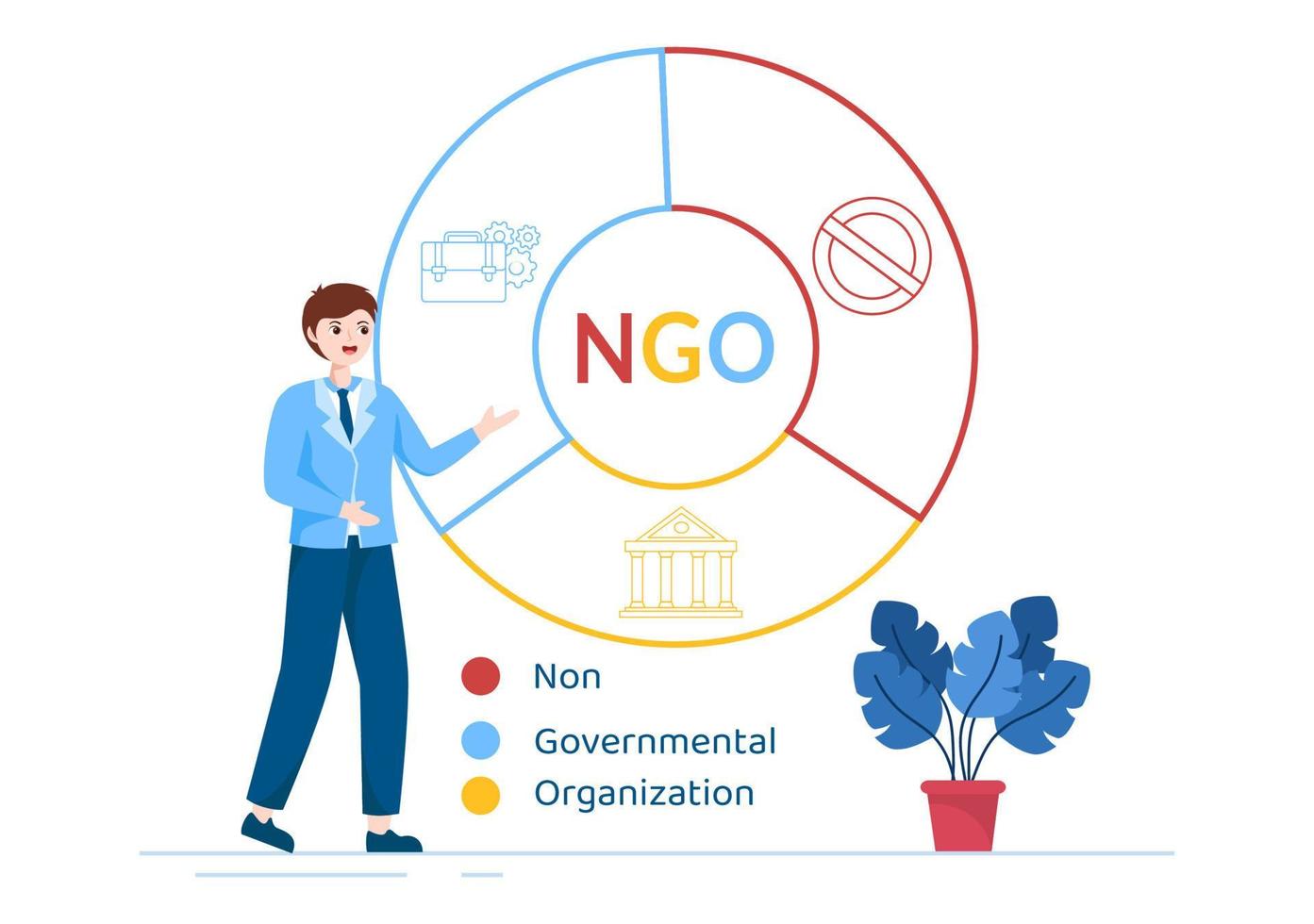AUTHOR : PUMPKIN KORE
DATE : 04/11/2023
Non-Governmental organizations (NGOs) play a crucial role in addressing various social and humanitarian issues. To ensure the sustainability and effectiveness of their operations, NGOs need a reliable payment processor. In this article, we will explore the significance of payment processors for NGOs, the essential features to consider, security concerns, cost factors, and how to choose the right payment processor.
The Importance of Payment Processors for NGOs
NGOs rely on donations, grants, and funding to carry out their missions. A payment processor is a vital tool for handling financial transactions. It streamlines the process of receiving and managing funds from donors, making it easier for NGOs to allocate resources efficiently.
“Crucial Aspects to Keep in Mind when Selecting a Payment Processor for Nonprofits”
NGOs have unique needs when it comes to payment processing. Look for a payment processor that offers the following features:
- Customizable Donation Forms: The ability to create donation forms tailored to your organization’s needs.
- Recurring Donations: Support recurring donations for sustained funding.
- Secure Payment Processing: Ensure compliance with industry-standard security protocols.
- Multiple Payment Options: Accept various payment methods, including credit cards, e-wallets, and bank transfers.
- Donor Management: Tools to track and manage donor information.
- Reporting and Analytics: Detailed financial reporting and data analytics to monitor donations.

Security Concerns for NGO Payment Processing
Security is paramount when dealing with financial transactions. NGOs must protect sensitive donor information. Implement encryption, secure socket layer (SSL) certificates, and regular security audits to safeguard financial data.
Cost and Pricing Models
Evaluate the pricing models offered by payment[1] processors. Consider factors such as transaction fees, monthly subscriptions, and any hidden costs. “Look for a pricing structure that offers transparency and is in line with your budgetary constraints.”

Choosing the Right Payment Processor
Choosing the right payment processor is crucial. Research various options and compare them based on your organization’s specific needs, budget, and technical[2] requirements [2]. Popular payment processors for NGOs include PayPal, Stripe, and Donorbox.
Setting Up Your Payment Processor
Once you’ve chosen a payment processor, follow their setup guidelines. This usually involves creating an account, verifying your NGO’s legitimacy, and configuring the payment processing settings.
Integrating Payment Processing on Your Website
Integrating payment processing on your NGO’s [3]website is essential for a seamless donor experience. Use APIs or plugins provided by the payment processor to embed donation forms or payment buttons on your site.

Accepting Online Donations
Make it easy for supporters to donate online. Create user-friendly donation[4] forms and provide options for one-time or recurring donations. Ensure the process is simple and secure to encourage more contributions.
Reporting and Analytics
Utilize the reporting and analytics[5] features of your payment processor to gain insights into your organization’s financial health. Monitor donation trends, track donor engagement, and adjust your fundraising strategies accordingly.

Donor Management
Effective donor management is key to nurturing lasting relationships. Keep detailed records of donor information and interactions. Send thank-you messages and updates to show appreciation for their support.
Mobile Payment Solutions
In today’s digital age, it’s vital to offer mobile payment options. Ensure that your payment processor supports mobile donations to cater to the growing number of donors using smartphones and tablets.
International Donations
If your NGO operates internationally, consider a payment processor that can handle multiple currencies and international transactions. This flexibility is crucial for receiving donations from supporters around the world.
Challenges and Solutions
NGOs may face challenges such as transaction disputes, payment delays, and technical issues. Address these challenges promptly and transparently to maintain trust with donors.
When selecting a payment processor for your NGO, it’s essential to consider your organization’s specific needs. Customizable donation forms, recurring donation options, and robust donor management tools are crucial features to look for. Security should always be a top priority to safeguard donor information and maintain trust.
NGOs should also be aware of the costs associated with payment processors. Evaluate transaction fees, monthly subscriptions, and any hidden expenses to ensure that the chosen payment processor aligns with your budget.

Conclusion
A reliable payment processor is a lifeline for NGOs, helping them receive, manage, and utilize funds effectively. When choosing a payment processor, consider factors like security, cost, and features tailored to your organization’s unique needs. By offering secure and convenient donation options, NGOs can continue their important work while keeping donors engaged and satisfied.
FAQs
1. Are there specific payment processors designed for NGOs?
Yes, some payment processors cater specifically to the needs of NGOs, offering features like customizable donation forms and donor management tools.
2. What security measures should NGOs implement for payment processing?
NGOs should implement encryption, SSL certificates, and regular security audits to protect donor information.
3. How can NGOs encourage recurring donations?
NGOs can encourage recurring donations by offering a simple and secure process, along with clear communication about the impact of sustained support.
4. Which payment processors are popular among NGOs?
PayPal, Stripe, and Donorbox are popular choices for NGOs due to their user-friendly features and nonprofit-friendly pricing.
5. How can NGOs handle international donations?
NGOs can handle international donations by selecting payment processors that support multiple currencies and international transactions, making it easier for global supporters to contribute.





